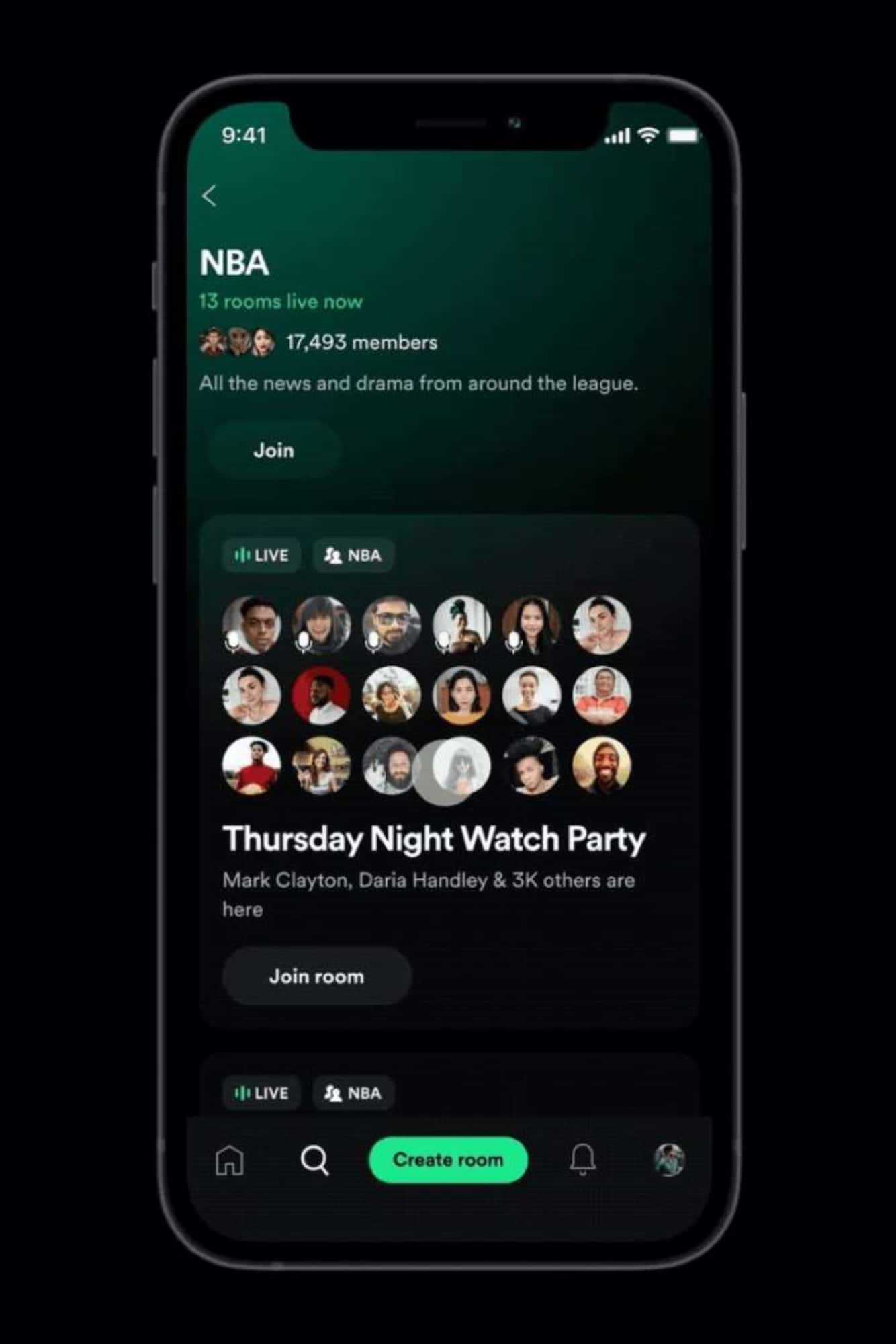Boiler Room has undoubtedly changed the face of live music over the past decade. Its dedication to spotlighting underground artists saw it transform from being a producer of DIY webcam sessions into a global broadcasting phenomenon. However, the once unstoppable platform has come under fire – yet again – for exploiting talent.
At its peak, Boiler Room contributed heavily to the digital realm of music streaming. Its classic format – turning the camera onto the DJ and placing the crowd behind them – offered an immersive experience that united viewers around the globe. Artists and fans alike boosted its cultural relevance and soon enough it became a media powerhouse that expanded into visual content such as documentaries, films and shows.
Boiler Room faces growing accusations
But as its empire grew, cracks began to appear. In the past few years, Boiler Room has faced numerous accusations of not paying DJs for their performances and in 2020, this was the subject of much digital discussion when it was revealed the company received an £800K grant from the government’s Culture Recovery Fund. It addressed this by tweeting: “Boiler Room has always paid artists for branded or ticketed events, and as of June 2020 pays artists for all non-commercial shows too. No artists have played Boiler Room for free since then, and all artists will continue to be paid going forward.”
While this was enough to temporarily halt questions surrounding pay, concerns around talent exploitation continued to grow. Earlier this week, the company received backlash when its application for the COVID fund resurfaced on Twitter. In the publicly shared document, Boiler Room claims it launched the careers of several musicians including electronic music veterans Honey Dijon and Four Tet. By labelling itself as an “essential CV builder for musicians”, it ignited discussions on the brand’s motives. It has been suggested the business has taken advantage of talent – particularly those of colour – for its own monetary gain.
In the same grant application, Boiler Room also mentioned former employee Alhan Gençay – best known for presenting the company’s hit series Gasworks with fellow online personality Poet – despite the series abruptly ending months previously. The show, which accumulated over 11 million views for Boiler Room’s YouTube channel, now airs on GRM Daily and was renamed to The Alhan and Poet Show after it was revealed Boiler Room had trademarked the original name in 2018.
Boiler Room has yet to respond to the ongoing backlash. But with cultural commentators already calling for a boycott and others drawing comparisons to the Kyra TV implosion of 2020 – when the company was exposed by its talent for exploiting Black culture – it’s clear that Boiler Room’s future of working with creatives is increasingly in jeopardy.
By Jennifer Adetoro, deputy editor of CORQ. Picture credit: Boiler Room via YouTube.










Twitter Spaces continues its live audio dominance as Monday night’s Sing Your Dialect room attracts 50,000 users